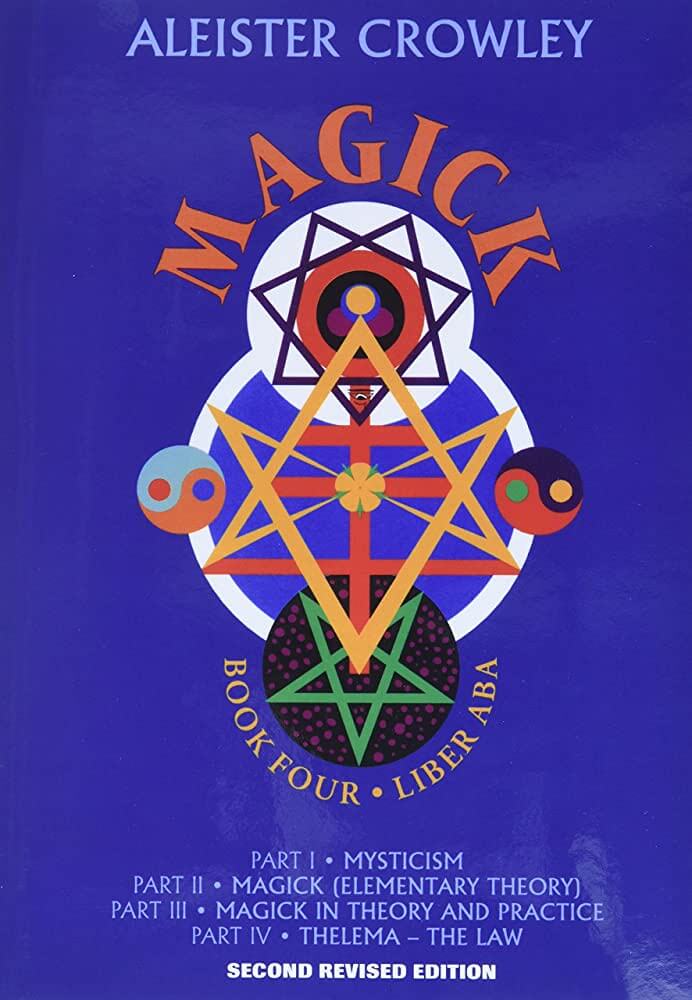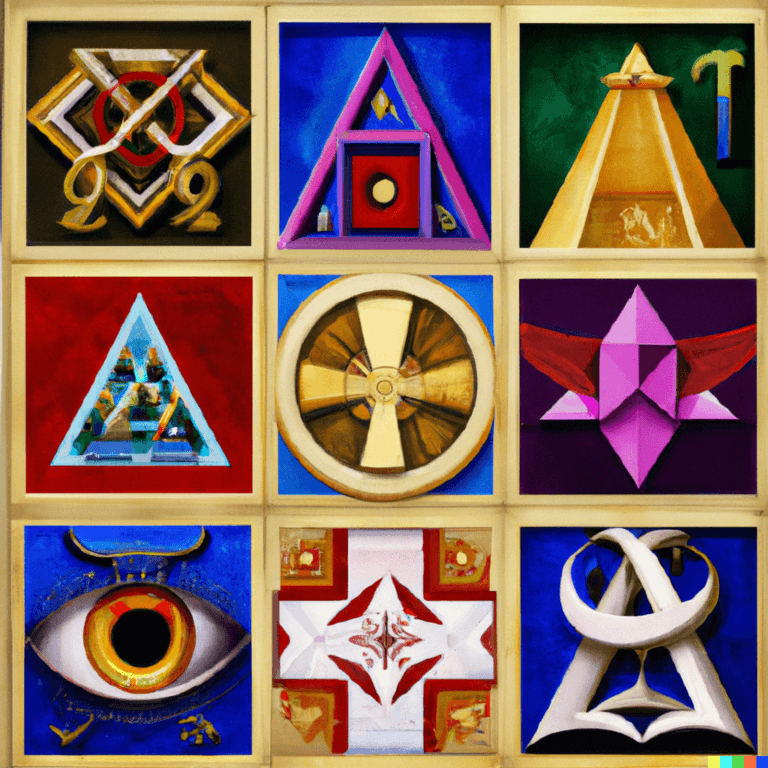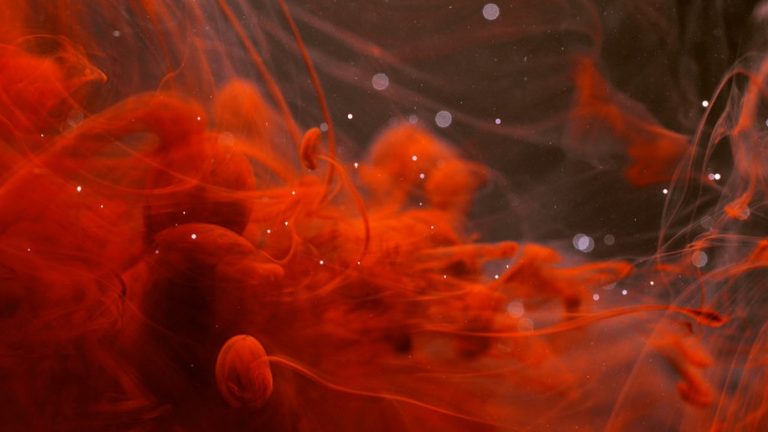Aleister Crowley’s Magick Book 4: A Gateway to the Mystical Unknown
Aleister Crowley, a highly controversial and enigmatic figure in the realm of occultism, left an indelible mark on the world with his extensive writings and teachings. Among his many influential works, Magick Book 4 holds a significant place as a profound exploration of ceremonial magic, yoga, and the principles underlying Crowley’s mystical system known as Thelema. This captivating book serves as a gateway for those seeking to understand Crowley’s esoteric philosophy and unlock the mysteries of the universe.
Published in 1912, Magick Book 4, also known as “Liber ABA,” was initially intended as a guidebook for the A∴A∴, a magical order founded by Crowley and George Cecil Jones. However, its value extends far beyond the confines of any specific organization, as it offers a comprehensive overview of Crowley’s magical practices, rituals, and theories.
The book is divided into four parts, each delving into different aspects of Crowley’s system. Part I, “Mysticism,” provides a philosophical foundation for the entire work, exploring the nature of mystical experiences, their role in spiritual development, and the relationship between the individual and the divine. It introduces the concept of “Thelema,” the central tenet of Crowley’s belief system, which emphasizes the inherent freedom and uniqueness of each individual to discover their true will.
Part II, “Magick (Elementary Theory),” delves into the theory behind ceremonial magic and its practices. Crowley presents a detailed analysis of the Qabalah, an ancient mystical system that maps out the structure of the universe and serves as a framework for understanding the correspondences between different elements of reality. He elucidates concepts such as the nature of magical power, the symbolism of rituals, and the importance of ritual purification and consecration.
Part III, “Magick in Theory and Practice,” takes a more practical approach, offering step-by-step instructions for various magical techniques and rituals. Crowley covers a wide range of topics, including divination, astral projection, and the evocation of spirits. He explores the use of symbolism, visualization, and concentration as tools to manifest one’s desires and connect with higher realms of consciousness.
Finally, Part IV, “Thelema: The Law,” delves deeper into Crowley’s core belief system, Thelema, which he proclaimed as the new law for the Aeon of Horus. Here, he expounds on the principles of individuality, self-deification, and the alignment of one’s actions with their true will. This section also includes an exploration of the rituals and practices associated with Thelema, such as the Gnostic Mass and the ceremony of the Equinox of the Gods.
What sets Magick Book 4 apart is Crowley’s unapologetically direct and sometimes challenging writing style. He presents his ideas with a potent blend of eloquence, erudition, and occasional provocation. While some readers may find his language difficult or offensive, it is precisely this raw and unfiltered expression that sets Crowley apart as a master of the occult.
It is important to note that Magick Book 4 is not a book for casual readers seeking mere entertainment. It demands deep engagement and commitment from those who wish to grasp its teachings fully. Its dense and intricate content requires rigorous study, reflection, and, most importantly, practice to unlock its transformative potential.
Regardless of one’s personal beliefs or opinions about Crowley, Magick Book 4 remains a seminal work in the field of ceremonial magic and occult philosophy. Its influence can be felt across various esoteric traditions, and it continues to inspire and challenge seekers of spiritual truth to this day.
In conclusion, Aleister Crowley’s Magick Book 4 stands as a remarkable testament to his prodigious intellect and profound understanding of the occult. It provides a comprehensive exploration of ceremonial magic, yoga, and Thelema, offering a pathway to transcendence and self-realization for those willing to embark on the journey. Whether embraced or criticized, Crowley’s legacy endures, and Magick Book 4 remains an indispensable guide for those seeking to explore the mysteries of the mystical unknown.





